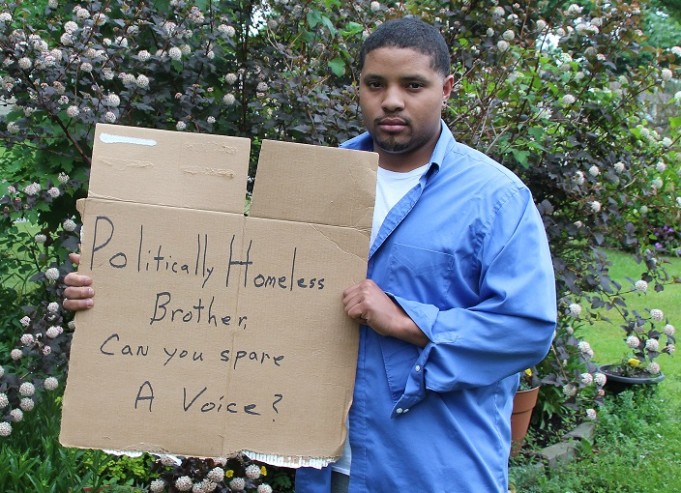In the 1990s, the late sociologist and senator Daniel Patrick Moynihan coined the phrase “defining deviancy down” to describe the tendency of societies to respond to destructive behaviors by lowering standards for what is permissible.
Today, it’s clear the same thing has happened to political representation. Here in Wisconsin, we’ve unquestionably grown more tolerant of political corruption, and the same probably goes for the whole country. All across America, standards for what it means to be represented have been lowered. We still have the habit of calling elected officials our “representatives” even though we are convinced they don’t care what we think, put their own interests ahead of the country’s and are slaves to wealthy donors.
We are considered to be represented even though we have elections for Congress and state legislatures where one party gets the most votes but the other party wins the most seats.
Supermajorities of voters in cities and small rural towns, in Republican and Democratic strongholds alike, have made it clear they think there is too much money in politics. Their “representatives” think there is not enough, and went to work changing the law to allow vastly larger political donations with considerably less donor disclosure.
Voters crossed party boundaries to show support for increasing the minimum wage. Their “representatives” ignored their wishes. Voters cast ballots in favor of Wisconsin accepting federal funds to expand health care coverage. Their “representatives” did the opposite, rejecting the federal money.
They not only disregard what voters want. They actively work to make it harder to vote.
It’s clear the representation that is a central feature of any true republic has been diminished, demeaned and devalued in today’s America. It’s equally clear that supposed representatives will not undertake the restoration of authentic representation. This work will have to be an undertaking of the supposedly represented. Standards for what it means to be represented will have to be raised. Intolerance of corruption and what currently passes for representation will have to grow. And we need to question everything about how the system works, because it obviously isn’t working for most of us at the moment.
With the advanced information technology we now have, why isn’t there automatic voter registration? Why do we still have to vote on Tuesdays? Why do we have winner-take-all elections? Why do voters have to choose just one candidate for an office? Why can’t we rank all the candidates in order of preference? Why do we still need primary elections and general elections? In this computer age we could save a lot of money by having instant runoffs.
For that matter, why do we have just one representative in each office? If one candidate gets 55% of the vote and another gets 45%, why pretend the top vote-getter “represents” everyone? Computer technology could easily be put to work in the halls of government to allow both to serve as representatives, with their representation of the voting jurisdiction instantly apportioned according to the percentage of the vote each received. That way, the wishes of all those voters would be reflected in decisions made by governing bodies, not just the wishes of just over half of them.
While we are questioning the system, we also have to question our own habits. Why do we call elected officials our “representatives” if we do not feel they represent us? Why do we call office holders our nation’s or our state’s or our community’s “leaders” when they are supposed to be taking their cues from us? Why don’t we recognize ourselves as the leaders and them as our servants?
Really, why?










